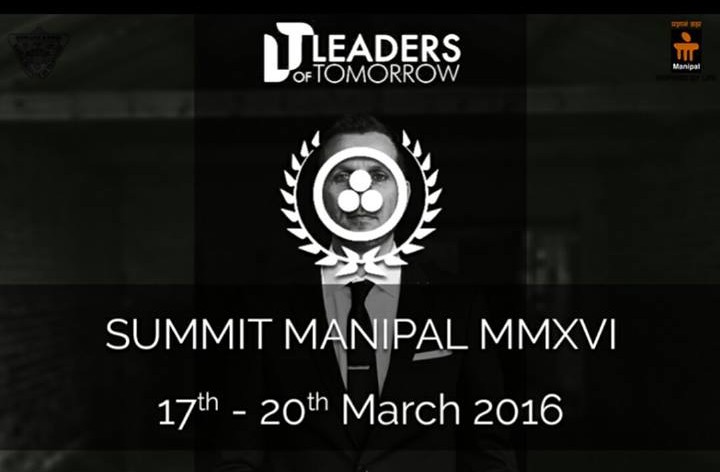
Summit Manipal MMXVI, which will be hosted by Manipal Institute of Technology, is one of the country’s best and oldest college-level Model United Nations conferences. The much anticipated event will be held between March 17th to 20th. In anticipation of the event, Leaders of Tomorrow conducted an MUN Training Session for the newbies. Walking into a conference, a brand new experience, and having absolutely no idea about what to do is intimidating. You’ve been told it’s easy, “Model UN can be learned during a conference,” they say. In reality, if you want to start off your MUN career with a bang, it’s important to come to your first conference prepared.
Here are the top five things you should know before you walk into your first conference:
- What is the UN?
Yes, it’s the United Nations, and yes it solves problems. But how? Going into your first conference, you might think that the UN is the governing body of the world and that it creates laws which countries have to abide by. In reality, most of the actions taken in the UN are non-binding, and countries can’t be forced to follow every resolution. The UN consists of various committees where delegates represent their countries’ policies and negotiate resolutions to benefit their country and the world.
- What is an MUN?
It’s a simulation of the United Nations! Students are assigned countries, and their job is to express their country’s beliefs in the committee in order to pass favorable resolutions. Students who show the most skills in negotiating, public speaking, paper/resolution writing, and diplomacy are those who receive awards.
- The Different Types of Committees are:
-General Assemblies (GAs): They are typically the largest committees and pass non-binding resolutions.
-Specialized Committees: These committees do not always simulate United Nations committees, but when they do, they simulate one of the fourteen ECOSOC committees. Typically, specialized committees are smaller than GAs.
-Crisis Committees: These committees are made to force delegates to think on their feet.
- Parliamentary Procedure:
Walking into your first committee session can be confusing, because people aren’t going to be using pronouns like ‘I’ or ‘my’. Instead, they’ll be following Parliamentary Procedure. Parliamentary procedure also includes
-Points of Inquiry: These are used if you have a question about an aspect of the committee that you don’t understand.
-Points of Personal Privilege: These are used if you experience some sort of discomfort such as the inability to hear a delegate. You would bring this up to the chair.
-Points of Order: These are used if you believe there was a mistake made in the rules of procedure.
-Motions: Motions are used mainly to transition between stages of committee . the discussion.
- How to research?
Your background guide is NOT your only form of research. It’s important to study the topics, country policies, and how you want to represent your country in committee. the conference.
How to Make the Most of it?
Going to your first conference, for many of you, will be intimidating, and if it’s your first time doing so much public speaking, you will most likely be nervous. That doesn’t mean you can’t enjoy yourself! There is nothing more rewarding than finishing your first conference with a wealth of information that will help improve you as a delegate and further increase your chances at success in the future.
Remember, don’t be afraid to raise your placard!
-By Debleena Ganguly for MTTN
Leave a Reply
You must be logged in to post a comment.